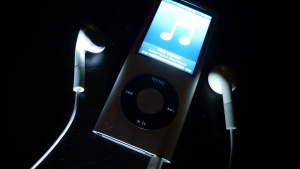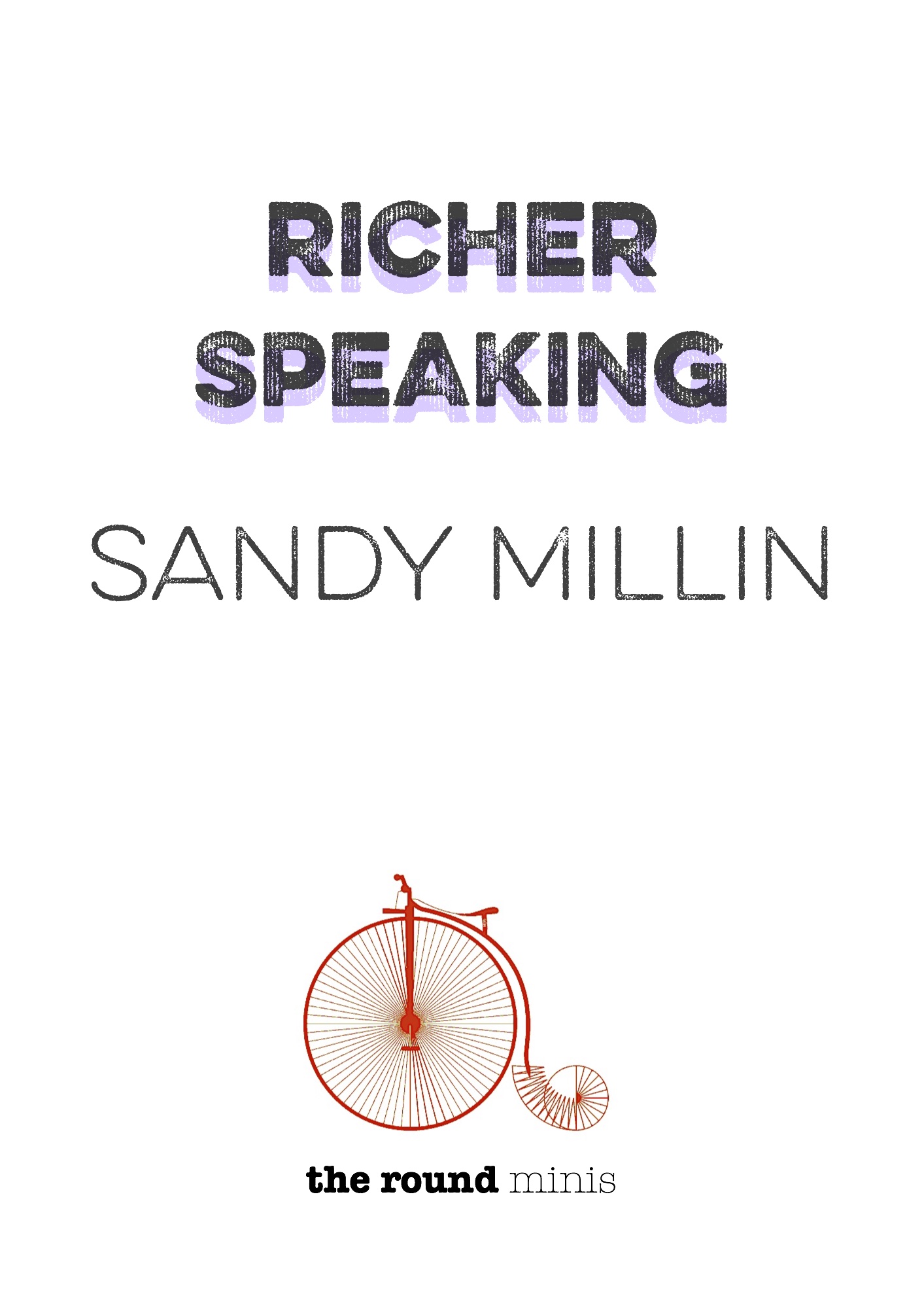I’ve already written an introduction to podcasts, including what they are and some activities that you can use with them.

Photo taken from http://flickr.com/eltpics by @acliltoclimb, used under a CC Attribution Non-Commercial license, http://creativecommons.org/licenses/by-nc/3.0/
If you’re planning to do the IELTS exam, podcasts can help you in a few ways:
- They give you practise in listening to different kinds of speaker: male and female, different ages, and from all over the world.
- They make you think about different topics, including most, if not all, of the ones which usually appear in IELTS exams. This will help particularly with writing part 2 and speaking part 3.
- They are often linked to written content, which gives you further reading practice.
- They introduce you to topic-specific vocabulary in context, showing you how it is really used.
- You can listen to them as many times as you like, so if you have problems with listening in class because you only hear it once or twice, you can use podcasts to get more in-depth listening practice.
- And finally, hopefully, they’re a bit more interesting than what you might study in class because they’re real!
If you have any other suggestions, please add them in the comments.
Science and Technology
In my experience, this is one of the topics students have most difficult reading and writing about. There are many podcasts about this area. Here are four you can listen to, with any episode being useful:
- Science in Action: 17-18 minutes; covering three or four topics in each episode.
- Material World: 28 minutes; covering at least four science-related topics in each episode.
- Click: 27 minutes; covering at least four topics in each episode, all related to digital technology.
- Focus magazine: 5-60 minutes; some podcasts are called Q & A (Question and Answer), with up to ten listeners’ questions about science being answered; others include interviews with science authors.
You can also look for the Reith Lectures entitled ‘Scientific Horizons’. There are three episodes, each 42 minutes long.
Scientific American has lots of different videos and podcasts, including a series of different 60-second podcasts, each with a transcript:
- 60-second science
- 60-second health
- 60-second tech
- …and more!
Global Problems
This includes areas like climate change and globalisation.
- Costing the Earth: 28 minutes; each episode looks in depth at one problem connected to the environment, for example, green energy or recycling.
- Reith Lectures: 42 minutes each; look for the five lectures about ‘Bursting at the Seams’, which deal with problems of globalisation, or ‘Respect for the Earth’, about how the Millenium Development Goals can be met.
- A Point of View: 10 minutes; the episode ‘Hermie’s ghost’ looks at media coverage of global warming; ‘Attach of the Wheelie Bins’ gives one person’s view of global warming.
The future
At the end of every year, there are often podcasts featuring predictions about the year to come. For example, Crossing Continents has an episode called ‘Correspondents’ Look Ahead’ at the end of December 2012. A Point of View has an episode called ‘New Year Prediction’.
- Four Thought: 19-20 minutes; each episode looks at how one issue could affect our future.
Other useful podcasts
- Forum: 40 minutes; in each episode four people discuss a specific topic from a very wide range of areas. Examples include ‘Why are plants and flower shapes so varied?’ and ‘The best way to build new markets’
- Forum 60-second idea to change the world: 5-7 minutes; in every Forum episode one of the speakers spends sixty seconds describing an idea which could change the world; the other speakers then discuss whether it could work or not.
- Excess Baggage: 29 minutes; each episode normally meets three different people who have travelled to different parts of the world. The programme is no longer updated, but there are 85 old episodes you can still listen to.
- The Why Factor: 18 minutes; why do we do the things we do?
- Academic English podcast: focussing on particular words that you can use in Academic English (via Anna Yermolenko)
Over to you…
This is just a selection of podcasts which could help you improve your IELTS score. Do you have any other ideas?
NOTE: I am NOT an IELTS examiner, and I cannot mark your work. I will also NOT respond to any messages requesting direct help. This list is intended only to offer you ideas to make your studies more relevant to the real world.





Comments on: "IELTS-friendly podcasts" (11)
Good information about IELTS it is very useful for students
vocabulary for the IELTS
[…] have written a step-by-step guide introducing students to Quizlet and podcasts (including for IELTS) on my Independent […]
I am an IELTS teacher and would be happy to help anybody. http://www.ielts-teacher-skype.com Kind Regards
Great stuff. Really good for additional listening practice at home.
[…] https://independentenglish.wordpress.com/2013/02/04/ielts-friendly-podcasts/ […]
[…] IELTs-Friendly Podcasts […]
[…] IELTs-Friendly Podcasts […]
[…] Laura Plotnek uses real news with her IELTS classes. Podcasts are also an excellent resource for IELTS students, as are articles from magazines like BBC Focus […]
Thanks for sharing.
Thanks for a wonderful list of podcasts about IELTS. Your site is a one-stop-shop for all IELTS takers. Podcasts are very handy because people can listen and review even when they’re traveling, Were you able to listen to any podcasts from Ben Worthington? I’ve been listening his podcasts for 2 weeks now and I’m learning a lot! I listened to some of his interviews with other IELTS teachers and they share a lot of information and tips. Here’s his site: http://www.ieltspodcast.com/ and here’s his podcast site: https://itunes.apple.com/us/podcast/ielts-podcast/id524002915?mt=2
Hope this helps! Good luck to all of us preparing IELTS!
You could try these podcasts https://teflhelperblog.wordpress.com/2016/10/21/podcasts-for-advanced-learners-freaks-and-geeks/ recommended by Jennie Wright.